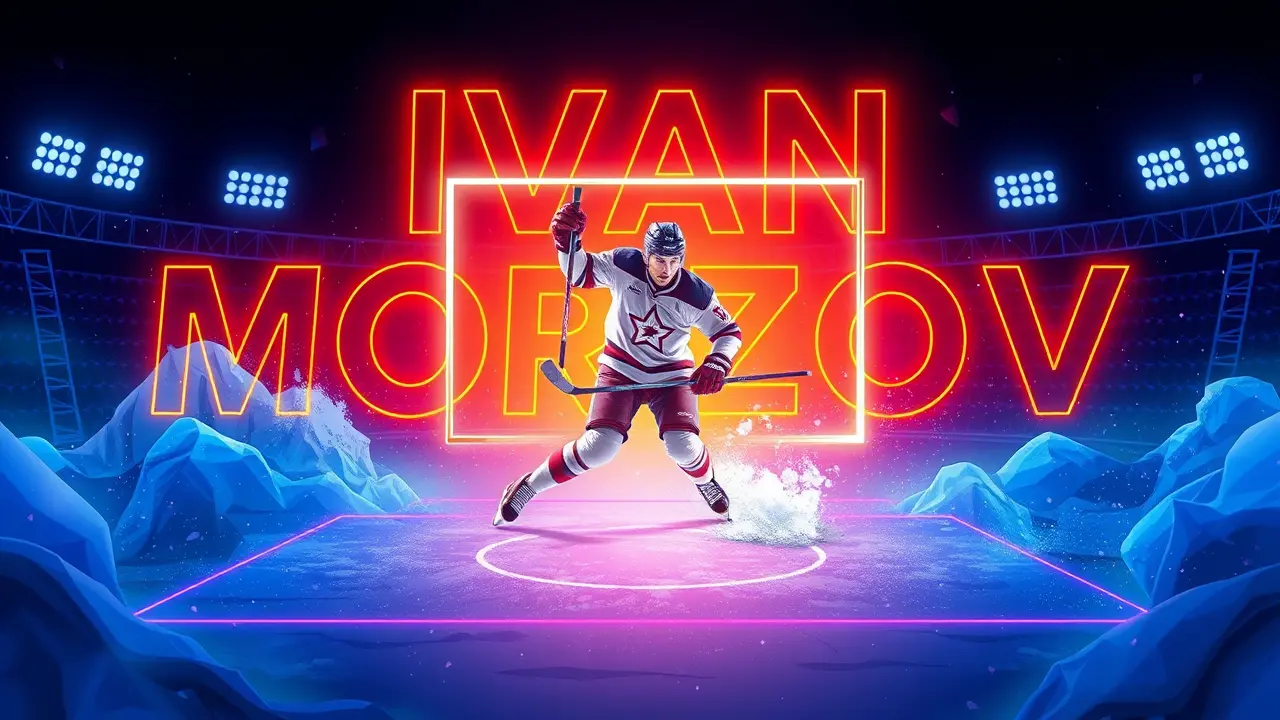
SporthockeyKHL
Hockey Player Morozov's Cocaine Use Draws Public Condemnation.
JA
Jack Turner
3 weeks ago7 min read
The revelation that 25-year-old Spartak forward Ivan Morozov tested positive for cocaine in mid-September, leading to his temporary suspension, has ignited a firestorm of public condemnation, thrusting the perennial issue of recreational drug use in professional sports back into the harsh glare of the spotlight. Morozov, in a move that can only be described as damage control in the modern athlete's playbook, swiftly issued a public mea culpa, acknowledging his mistake in a statement that, while contrite, does little to erase the stain on his career and the sport's reputation.The subsequent reports suggesting he could be cleared to return to FONBET KHL matches as early as November raise complex questions about the balance between punishment and rehabilitation, a debate as old as sport itself. This incident is far from an isolated case; it echoes the falls from grace of legends and journeymen alike, from the cocaine-related exile of NHL enforcer Derek Boogaard to the myriad footballers across Europe who have seen their careers derailed by similar off-pitch indiscretions.The core of the issue, as articulated by two-time Olympic champion and State Duma deputy Svetlana Zhurova, is that substances like cocaine offer no athletic enhancement—they are prohibited precisely because they represent a profound danger to life itself, and athletes, as societal role models, are held to a higher standard, an 'obliko moral'. Her suspicion that Morozov may have been a victim of circumstance, 'not intentionally taking it but in a state where he poorly controlled himself at some party,' caught 'out of foolishness,' or even potentially slipped the substance by so-called 'friends,' underscores the treacherous social environments that often surround young, wealthy celebrities.This points to a larger, systemic failure in athlete support systems; in an era where trust is a luxury, the onus is on sports organizations to provide better education and create safer environments for their stars. Zhurova's call for publicizing such cases as a deterrent for children and young athletes is a classic, if contentious, tool in the anti-doping arsenal, aiming to use shame as a preventative measure.Meanwhile, the commentary from hockey legend Viacheslav Fetisov—'Good that he confessed, but he should have thought with his head earlier. Public people must bear responsibility for their behavior'—cuts to the heart of the matter: accountability.This is not merely a story of a failed drug test; it is a narrative about the immense pressure, the seductive traps of fame, and the heavy mantle of responsibility that comes with being a public figure. The consequences for Morozov will extend far beyond a few weeks of suspension; his brand is tarnished, his contract future uncertain, and his name forever linked to scandal.For the KHL and Russian hockey, this is another blow to its integrity, forcing a necessary re-examination of its educational programs and the culture within its locker rooms. The road to redemption is long, and while public condemnation is swift and severe, the true test will be whether this incident becomes a cautionary tale or merely a footnote in the long, complicated history of sports and their stars stumbling in the dark.
#featured
#Ivan Morozov
#cocaine
#doping
#Spartak
#suspension
#Svetlana Zhurova
#hockey scandal
Stay Informed. Act Smarter.
Get weekly highlights, major headlines, and expert insights — then put your knowledge to work in our live prediction markets.
Related News
Comments
Loading comments...
© 2025 Outpoll Service LTD. All rights reserved.